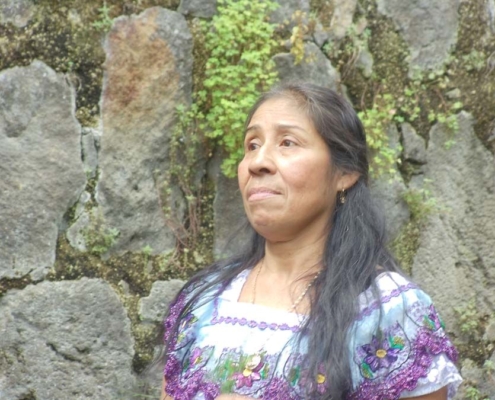Mayan healers offer authentic experiences and valuable knowledge, there is also a growing concern about the presence of inauthentic or “fake” Mayan healing services aimed primarily at tourists.
Here’s a detailed explanation of this phenomenon:
Fake Mayan Healing Services
Characteristics
-
Lack of Authentic Knowledge: Fake healers often lack the deep, traditional knowledge and training that authentic Mayan healers possess. They may offer superficial or misleading information about Mayan healing practices.
-
Commercialization: These services are often heavily marketed to tourists and may prioritize profit over genuine healing. They might offer overly simplistic or sensationalized versions of traditional practices.
-
Inauthentic Rituals: Fake healers may perform rituals or ceremonies that are not true to the authentic traditions of the Mayan culture, sometimes blending elements from various sources to appeal to tourists.
Mayan Healers Offer Authentic Impacts Tourists
-
Misleading Experiences: Tourists may receive a distorted or inaccurate understanding of Mayan healing practices, which undermines the cultural and educational value of their experience.
-
Financial Exploitation: Tourists might pay high prices for services that do not deliver the promised benefits, leading to disappointment and a potential loss of trust in traditional practices.
Local Communities
-
Cultural Dilution: The presence of fake healers can dilute the authenticity and integrity of Mayan healing traditions, causing harm to the cultural heritage.
-
Economic Disparities: Genuine healers who adhere to traditional practices may struggle to compete with commercialized services, potentially leading to economic disparities within the community.
A Mayan healer, known as a “curandero” or “ajq’ij” (daykeeper) in the K’iche’ language, plays a crucial role in the traditional healthcare systems of the Indigenous Mayan communities in Guatemala and other parts of Mesoamerica. These healers are highly respected figures within their communities, possessing a deep knowledge of medicinal plants, spiritual practices, and holistic healing techniques that have been passed down through generations.
Indicators of Authenticity
-
Reputation and Recommendations: Seek out recommendations from locals or reputable sources to find authentic healers. Community endorsements often indicate genuine practitioners.
-
Transparency and Education: Authentic healers are usually willing to share their knowledge and explain their practices. They provide educational experiences that respect the depth and complexity of Mayan traditions.
-
Cultural Sensitivity: True Mayan healing services respect and honor the cultural and spiritual significance of their practices. They do not commercialize or trivialize their traditions for profit.
We highly recommend if you are interested in growing herbs Come visit us. Discover our ancestral seed bank, try the superfood that is amaranth, and reserve your personalized educational workshop based on the principles of permaculture and the Mayan worldview. We are located on the shores of Lake Atitlán in Pachitulul, in San Lucas Tolimán, Guatemala.
Christina Pictured on this post is a fourth-generation Mayan Healer living in San Pedro. San Juan also has herbal workshops.
Conclusion
While Lake Atitlán offers valuable opportunities to learn about and experience Mayan healing practices, tourists need to be discerning and seek out authentic services.
By supporting genuine Mayan healers, tourists can ensure a meaningful and respectful engagement with the rich cultural heritage of the region.
This approach not only provides a more enriching experience but also helps preserve and honor the traditional knowledge and practices of the Mayan community.
Check out our FB Group
https://www.facebook.com/groups/lakeatitlanguatemalatravel/permalink/7284181508349796/


 Ethical Fashion Guatemala
Ethical Fashion Guatemala Ethical Fashion Guatemala
Ethical Fashion Guatemala